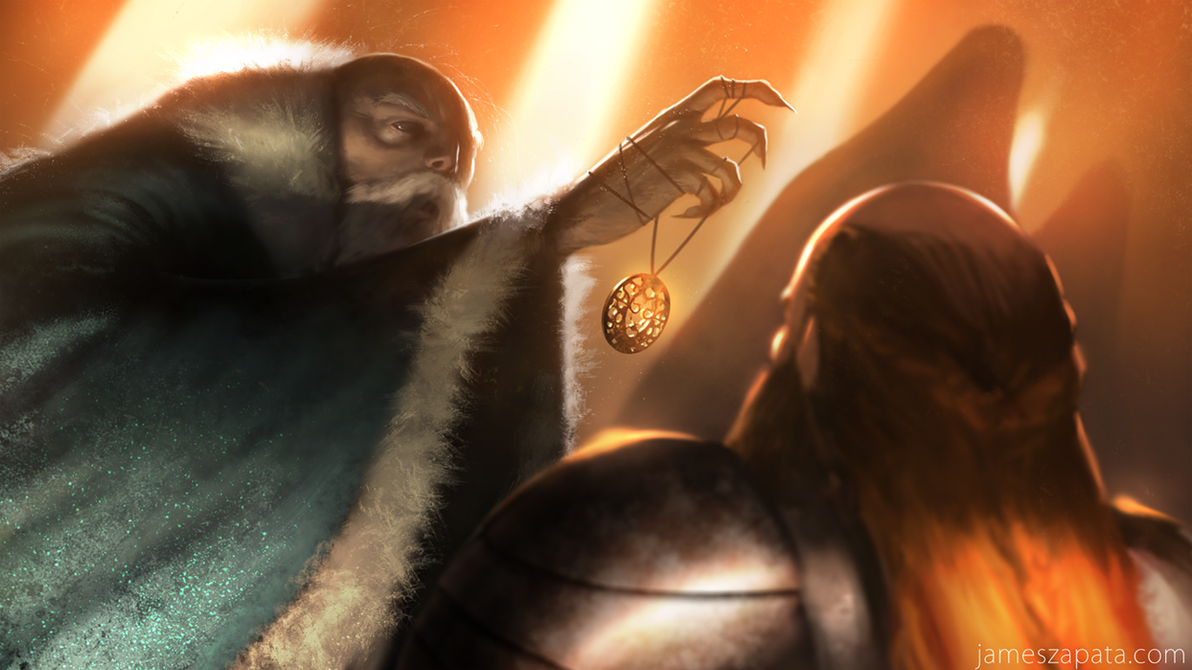Nightbane is not a game that a lot of folks know. I've mentioned it in the past. It's an older game from Palladium Books that I first picked up in college back in 1996 (a fact that I know because I found the receipt in the back of the book last night). I've long since given up on Palladium's house system because I just find it to be too much, and as a result a lot of the games I played when I started gaming have sat on bookshelves and waited for their turn to come back around again. Always I would see them and want to play but every time I tried the rules stopped me cold.
When the Cypher System Rulebook came out a couple of years back I really started to look at Cypher as a way to bring back Nightbane for myself and my friends. The focus changing aspects of The Strange had shown me that there a way forward, but I still couldn't quite break the problem of the core characters, the titular nightbane. Nightbane are supernatural shapeshifters. The have a human facade and a monstrous morphus. The facade form is just human, no powers, no abilities beyond that of a normal non-heroic person, but the morphus is a powerhouse.
Thankfully Unmasked came along and gave me the final piece of the puzzle. A duality for form can exist no just by replacing a part of the character's sentence as in The Strange, but by omitting it entirely. The teens in Unmasked are given only a few pool points and a descriptor. Their masked alter egos gain not only a full character sentence but shifts as well. My eyes were opened and I knew, at last, how to make the nightbane work.
I started my players with a descriptor and an occupation, a Hideous Gravedigger, a Perceptive Electrician, and a Creative Tech Consultant. These were the human guises of the players, the as yet unaware of their true nature nightbane player characters. Each character started with 5 points in each pool, modified by their descriptor as appropriate, and that was it. This is less than the teens in Unmasked, and may seem harsh, but Nightbane is, in part, a horror game and the mortal facade form needs to feel weak and vulnerable.
Their morphus forms however gained not just a type and descriptor, becoming a Hideous Warrior who Rages, a Perceptive Explorer who is Sworn to the Seal*, and a Creative Adept who Needs no Weapons, but they also gained shifts, assigned by me, based on the appearance of their twisted and monstrous nightbane morphuses. These we determined the old fashioned way, using the tables in the original RPG's book.
*Sworn to the Seal is a rename of Sworn to the Crown, but this character is loyal to the US Government instead.Getting back to my gaming past proved a wonderful experience and CYpher proved more than equal to the task of taking an old Palladium Books game and breathing new life into it for my friends and I, much in the same way that it had for Palladium's After the Bomb at Gen Con 2017 when I ran Furry Road.



